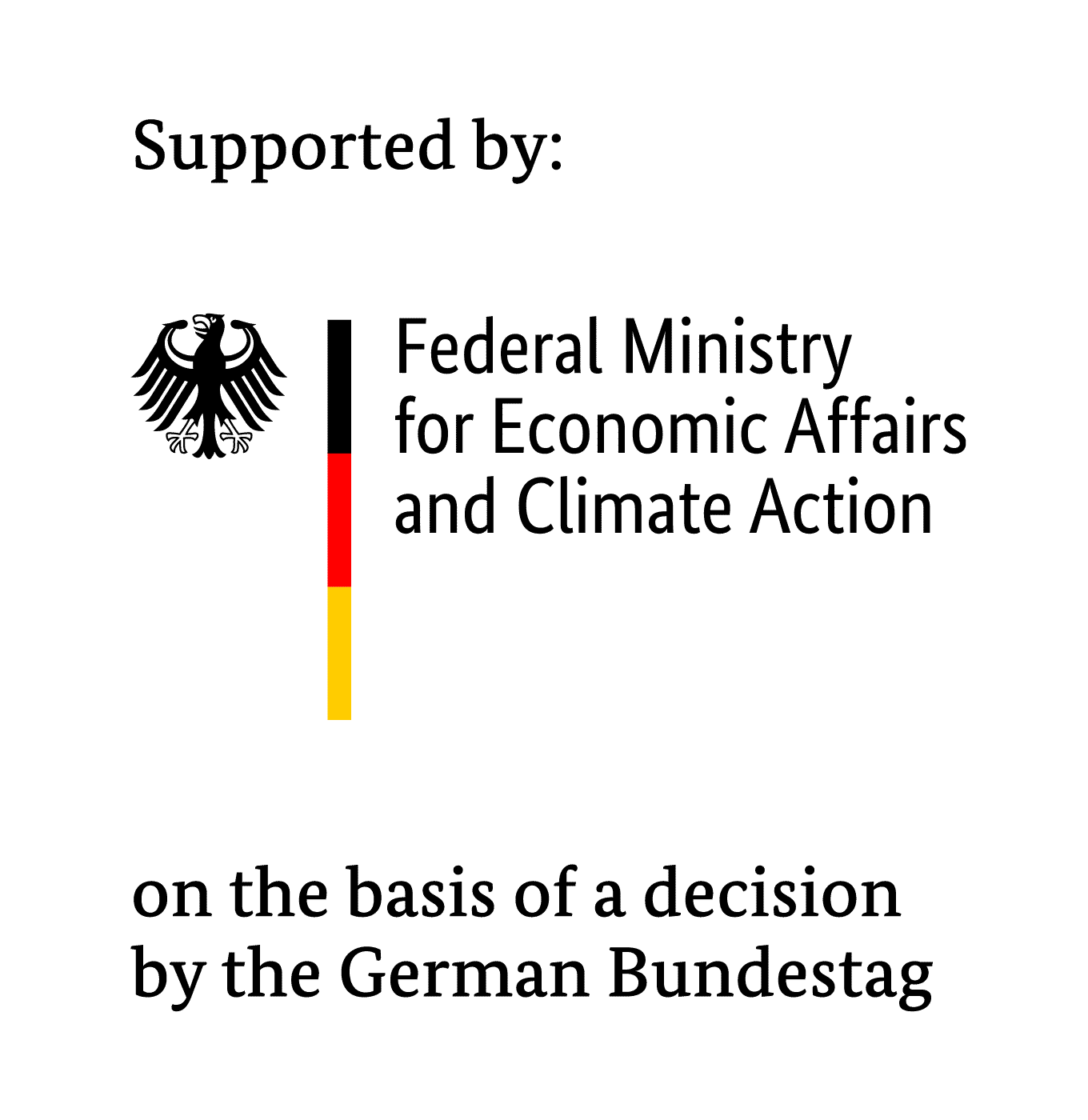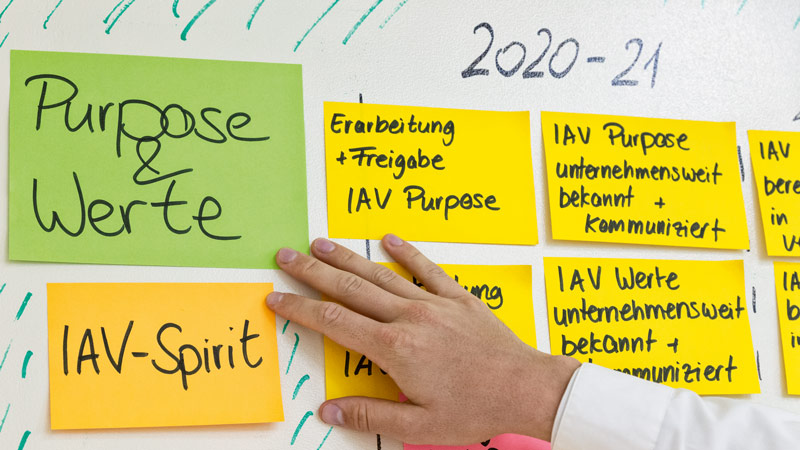Research project “SpaZiel” launched
01.12.2022 —
Our electricity grids are under pressure: factors such as the growing number of electric vehicles and the switch to green electricity can make it difficult to provide a reliable nationwide electricity supply in Germany. The “SpaZiel” project, funded by the German Federal Ministry for Economic Affairs and Climate Protection, is now developing a method to make the technical infrastructure fit for the new circumstances.

Optimised and automated target network planning of distribution networks across all voltage levels – this is the official name of the “SpaZiel” project. This not only sounds complicated,but is also challenging in terms of content.
The problem, on the other hand, is quickly outlined. The number of electrically powered devices, including electric cars, is constantly increasing. At the same time, there is a decentralisation of electricity producers. Instead of a few central power plants, electricity is increasingly coming from decentralised sources, such as wind or solar power plants. However, the latter do not permanently supply the same amount of electricity, depending on the weather conditions.
To ensure that sufficient electricity is available everywhere at all times, the existing grid infrastructure needs to be modernised. Over the next three years, IAV will therefore be working together with the University of Wuppertal and several regional electricity grid operators in the “SpaZiel” project to simplify this complicated modernisation. The aim of the project is to develop a software-supported method that enables automated target grid planning of real distribution grids across all voltage levels.
“We have already been dealing with issues surrounding strategic target grid planning for years and have launched corresponding products such as IAV Optera on the market,” says project manager Dr. Michael Schollmeyer. “As part of this funded project, we will expand our existing knowledge in the field of automated target grid planning for distribution grids and look forward to a profitable collaboration with Bergische Universität Wuppertal.”


